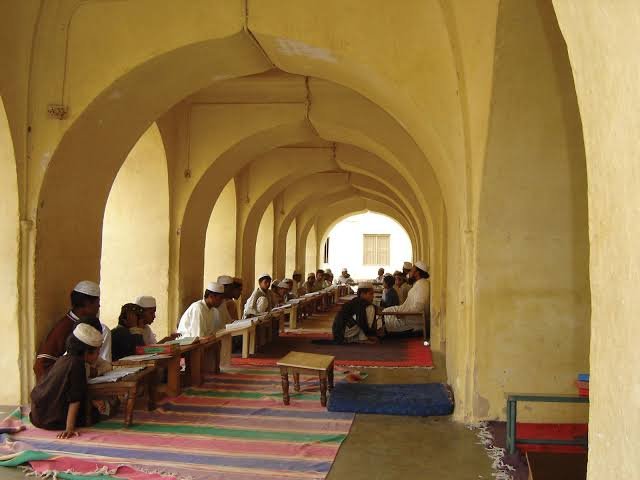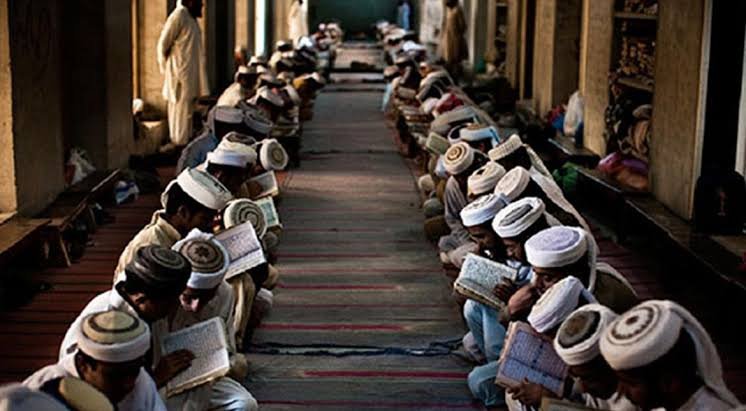What is Waqf & it’s Constitutional Validity…..
Report manpreet singh

Raipur chhattisgarh VISHESH Waqf refers to properties dedicated exclusively for religious or charitable purposes under Islamic law. Once designated as waqf, the ownership is transferred from the person making the waqf (waqif) to Allah, making it irrevocable. These properties are managed by a mutawalli, appointed by the waqif or a competent authority.
Wakf Boards currently control 8.7 lakh properties spanning 9.4 lakh acres across India with an estimated value of 1.2 lakh crores. It makes them the third largest landowner in India after the Armed Forces and the Indian Railways.

Historical Context:
The concept of waqf in India dates back to the Delhi Sultanate, with early examples including Sultan Muizuddin Sam Ghaor’s dedication of villages to the Jama Masjid of Multan. Despite a 19th-century British attempt to abolish waqfs, which was rejected by Indian authorities, the institution has persisted.
Irrevocability of Waqf Properties:
Once a property is declared waqf, it remains so forever. Examples include the Bengaluru Eidgah ground, claimed as waqf property since the 1850s. Similarly, the Surat Municipal Corporation building, claimed due to historical use as sarai during Hajj in the Mughal era. The principle of “once a waqf, always a waqf” has led to various disputes and claims. Some of which, like the claim on two islands in Bet Dwarka, have been deemed perplexing by courts.

Litigation and Mismanagement:
The Waqf Act, 1995, and its 2013 amendment aim to manage waqf properties in India. But they have been criticized for inefficacy, leading to issues like encroachment, mismanagement, ownership disputes, and delays in registration and surveys. Waqf administration faces challenges with 40,951 pending tribunal cases, significant delays in case disposal, and inadequate surveys. Additionally, there is no judicial oversight on tribunal decisions, further complicating waqf management.
Constitutional Validity:
Advocate Ashwini Kumar Upadhyay has filed a PIL in the Delhi High Court questioning the constitutional validity of the Waqf Act, which he argues discriminates by protecting properties of only one religion in a secular country. The Delhi HC has issued a notice to the central government on this matter. Unlike India, where Waqf Boards are major urban landowners with legal protection, many Islamic countries, including Turkey, Egypt, and Jordan, do not have similar institutions.
Need for Amendment:
An example of the hardship caused to common people due to the opacity and overarching power of the Waqf Board can be seen in Tamil Nadu. The case of farmer Rajagopal, who was unable to sell his agricultural land to repay a loan because the Waqf Board claimed his entire village, Thiruchenthurai, as its property. This requirement for a no objection certificate (NOC) caused financial and emotional distress. The village was historically donated as waqf by Nawab Anwardeen Khan in 1956. To prevent illegal sales or encroachments, the Waqf Board requested the registration department to assign a ‘zero value’ to Waqf properties, a request currently stayed by the Ministry of Minority Affairs (MoMA) to allow property transactions. The situation has also spurred political and communal tensions.
Recommendations on Waqf Boards:
The Sachar Committee’s 2006 report recommended:
Need of regulation and functioning of Mutawallis,
Efficient management of records,
Inclusion of non-Muslim technical expertise in management of Waqf,
Organizational reforms to strengthen Waqf Boards administratively to Include two women Member in Central Waqf Board(CWC) and each State Waqf Board(SWBs),
Appointment of Joint Secretary level Officer in CWC/SWBs,
Bring the Waqf under the Scheme of financial audit .
The Joint Parliamentary Committee’s report on Waqf presented to Rajya Sabha on 4th March, 2008 recommended : Re-vamping of composition of Waqf Boards,
Providing a Senior Level Officer as CEO for SWBs,
Stringent action for unauthorized alienation of Waqf Properties, Stringent punishment to Mutawallis; if he fails to comply with his duties.
Taking certain matters to the Hon’ble High Court under Writ jurisdiction. Computerization of Waqf Boards and adequate representation to the Shia community in the CWC.
Therefore, it is the demand of the time to modernize the management of Waqf Properties, protect women rights, ensure fair representation in CWC and Waqf Boards, reduce litigation, have effective coordination with Revenue Department and provide judicial oversight on the decision of the Tribunal.
Waqf Properties should be better utilized for Public good, fulfilling the original intention of the settlers and contributing to the welfare of the community. Need is to enhance efficiency, transparency and fairness in the management of Waqf Properties to empower the Waqf Institutions to serve their intended purposes for the benefit of the general public effectively.
